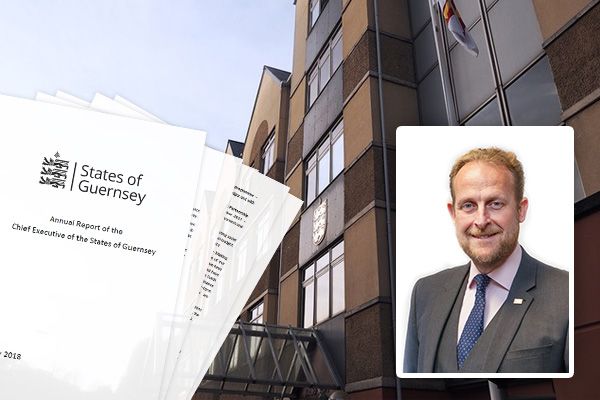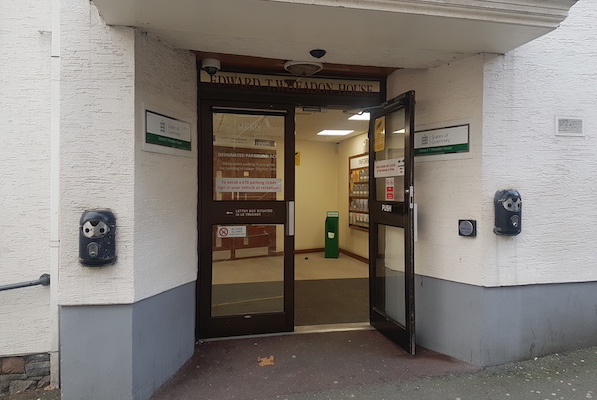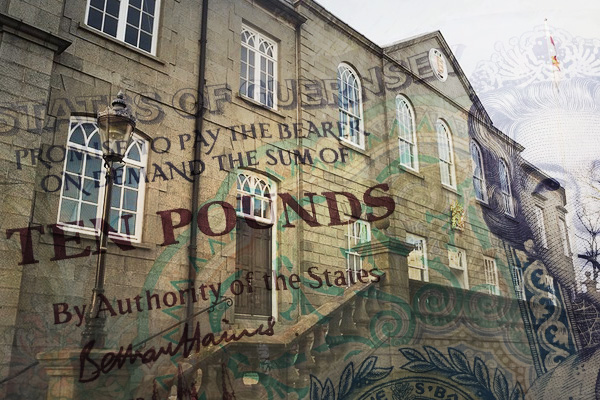

In a first for the States of Guernsey, the government's Chief Executive has delivered an annual report, focusing on efforts to reform the island's public services.
Paul Whitfield said there have been some successes but there is still much more work to do, and some embedded cultures within the States still need attention to ensure every area is reformed.
Mr Whitfield's first annual report opens by explaining that "Public service reform is the programme of transformation to make the public service best equipped to deliver government policy outcomes in an effective and efficient way."
The public service reform will impact on area of island life when the programme is complete.
Since his appointment Mr Whitfield has been tasked with overseeing the ten year programme of public service reform, which was agreed by the States in September 2015. It is intended to work hand in hand with the Policy and Resources Plan - an update on which was also published this week at gov.gg
Four "themes" were set to support the programme called "Service Guernsey". They are:
Under those themes, eight reform programmes were initially set:
So far, Mr Whitfield said he can prove progress has been made in eight areas within the overall themes:

There remains a number of priorities for further public service reform along with some areas of concern which Mr Whitfield has highlighted. He said the priorities have been offset against specific criteria so that potential benefits can be identified. Through that work three main areas of concern have become apparent within the work streams for the remainder of 2018. Mr Whitfield said they are:

Success stories?
Mr Whitfield said the success of the public service reforms can be seen by how the P&R Plan is infiltrating the lives of members of the public. He described it as the "biggest period of transformation" seen in Guernsey in many years. With areas such as the Customer Charter enabling people to find it it easier to pay bills online he said there is proof of success within the reforms.
Mr Whitfield said he means business and that the property rationalisation work already completed by the states is proof of that. He said by planning to rationalise the sites used by education services on the Grange and Income Tax at Cornet Street first, it was clear that the public service reforms were intended to make big changes. He said smaller departments, with a smaller impact on public services could have been relocated first but he wanted to prove he means business by moving the big units first.

What still needs to be done?
The States' Chief Executive admitted more needs to be done to bring the States pay bill under control.
There have been successes in tackling overtime bills and staff numbers but Mr Whitfield acknowledged there will be calls for further cuts in those areas. As Chief Executive he is responsible for all budgets and oversees relations with 14 unions which in turn manage relationships with thousands of employees. Mr Whitfield warned "over the next three years, significant changes are coming in who is employed" by the States, adding that the States must invest in high quality staff in order to make savings and improve services elsewhere.

Mr Whitfield is spending time meeting with each States' committee and their principal staff "to check how savings are being made" and to offer help and guidance where needed, while troubleshooting any issues as they arise.
Mr Whitfield said the savings that have been made in staff costs so far are embedded, long term savings and are not one off, short term, savings.
The island's overtime bill for public sector workers remains more than £5million per annum though, with Mr Whitfield explaining that the majority of overtime charges come within service areas which are considered essential, eg emergency health care.

Mr Whitfield admits that "we won't always get it right" adding "there is much more to do and sometimes we will make mistakes", however he said he is proud of the results achieved so far.
He said the island's government and civil service "has to live within our means" and that he and fellow staff are taking "direct feedback from those who use public services."
"We can do so much more. We must take a firm but fair approach to the way public services are provided in the island."
You can read Mr Whitfield's first annual report in full here.
Comments
Comments on this story express the views of the commentator only, not Bailiwick Publishing. We are unable to guarantee the accuracy of any of those comments.